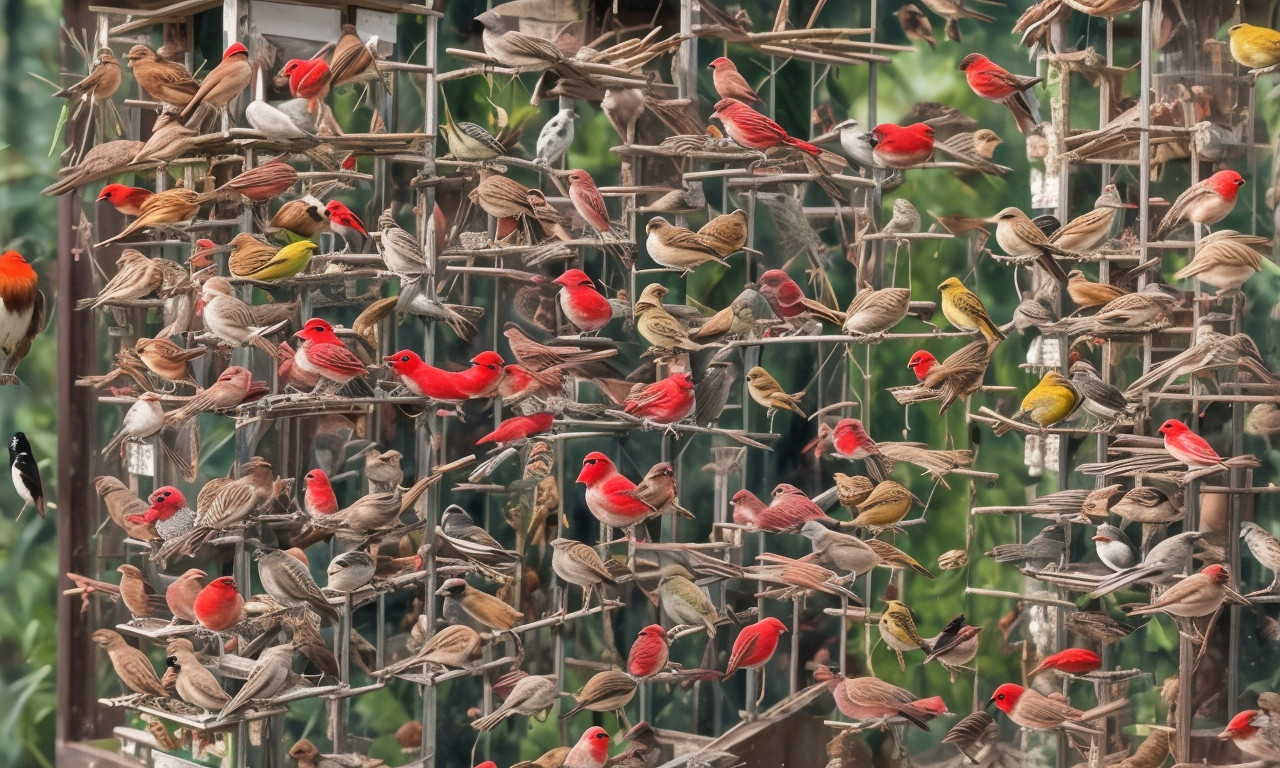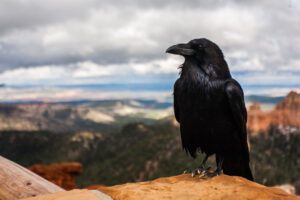What Do House Finches Eat? Discover Their Surprising Diet as we dive into the fascinating world of these charming songbirds! Do you ever wonder what fuels their vibrant plumage and melodious tunes? Uncover the astonishing variety in their diet that goes beyond mere birdseed. From unexpected fruits to tiny insects, prepare to be amazed by the culinary secrets that keep house finches thriving in your backyard. Join us on this eye-opening journey and learn how you can attract more of these delightful birds to your garden!
What do house finches eat in the winter?
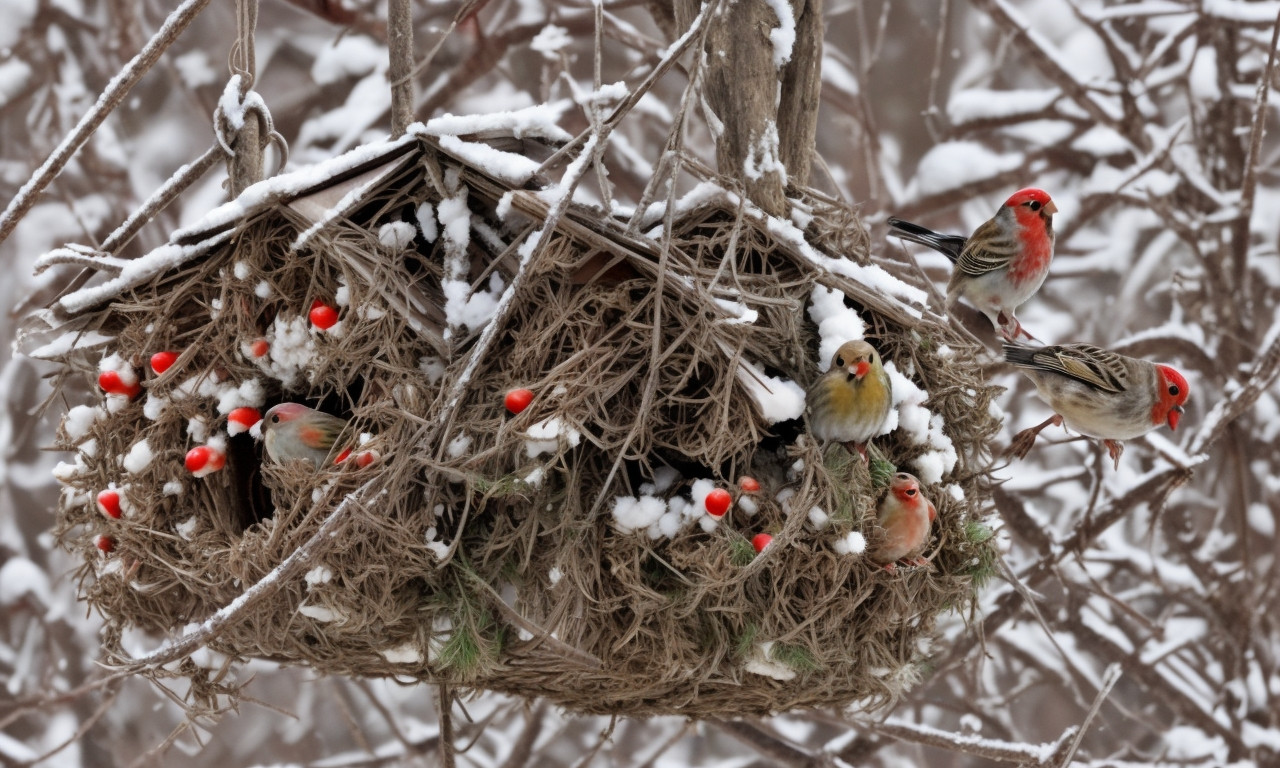
House finches are adaptable birds with varied diets that change with the seasons. In the winter, when natural food sources become scarce, these resilient creatures shift their eating habits to survive. So, what do house finches eat in the winter? During the colder months, they primarily rely on seeds and fruits. Their diet often includes sunflower seeds, thistle seeds, and safflower seeds, which provide essential nutrients and energy to endure the harsh conditions. Bird feeders become crucial during this period, offering these seeds and enhancing the finches’ chances of weathering the cold.
Another interesting aspect is their consumption of dried fruits that persist in the environment. House finches are known to eat berries like elderberries, mulberries, and crabapples, which remain on bushes and trees through the winter. Additionally, they may feed on tree buds and small insects when they can find them, although these are less common in winter. Providing a bird feeder stocked with appropriate seeds can greatly support these fascinating birds during the tougher months.
Understanding what house finches eat in the winter helps bird enthusiasts and homeowners create a supportive habitat, ensuring these charming birds thrive year-round despite seasonal challenges. By catering to their specific winter dietary needs, we can enjoy the lively presence of house finches even in the colder months.
How often do house finches eat?
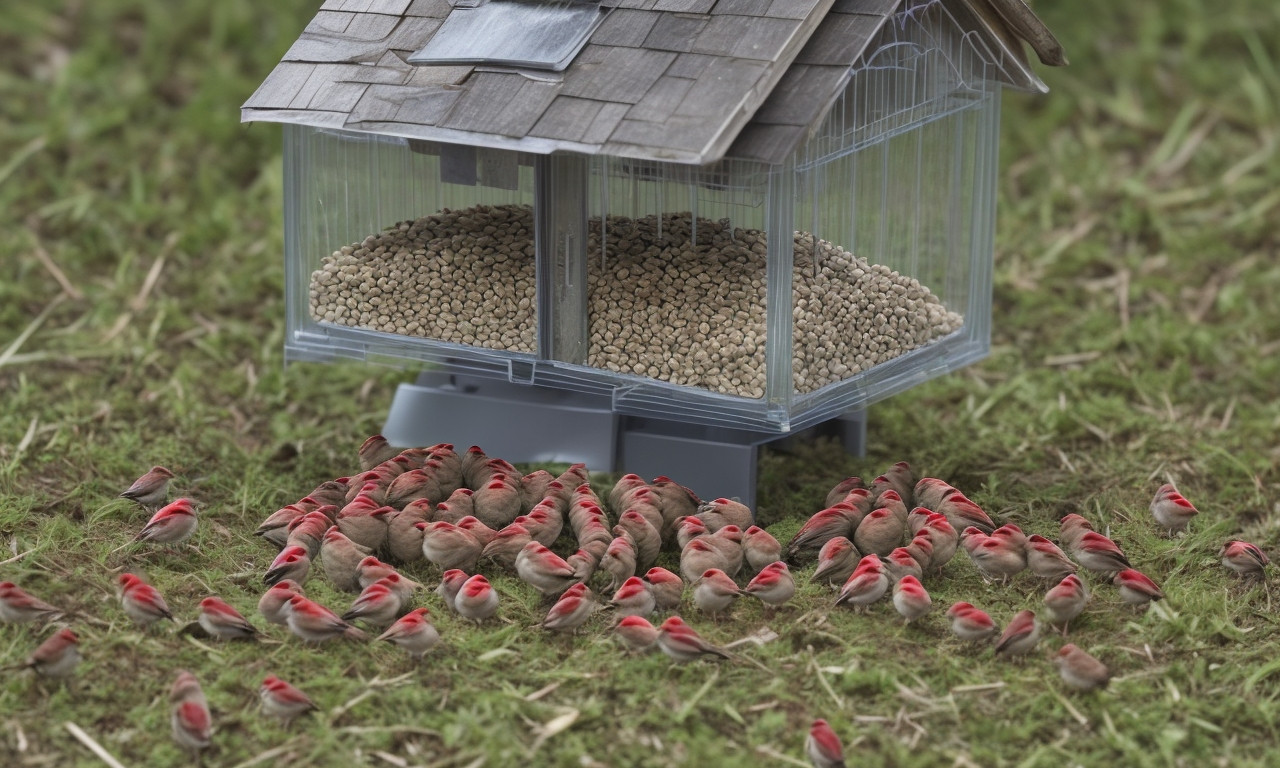
House finches are delightful songbirds known for their adaptable diets and vibrant plumage. Surprisingly versatile eaters, their diet includes a variety of seeds, fruits, and insects. Among their favorites are sunflower seeds, which they crack open with finesse using their strong beaks. They also have a penchant for consuming different types of fruit, such as berries, apples, and peaches, providing them with essential vitamins and hydration.
Apart from plant material, house finches occasionally indulge in small insects and larvae, which offer a good protein source, especially during the demanding breeding season. But how often do house finches eat? These birds typically feed multiple times a day, making brief yet frequent visits to food sources to sustain their high-energy lifestyle.
Interestingly, the diet of house finches can vary depending on their environment. In urban areas, they often find bird feeders stocked with commercial feeds, while those in rural settings might rely more on naturally available food sources. Seasonal changes also influence their dietary habits; in the winter months, they may consume more seeds and dried fruits, whereas spring and summer bring an abundance of fresh fruits and insects.
Overall, the eating habits of house finches highlight their remarkable adaptability and resourcefulness, ensuring they thrive in diverse environments.
How much do house finches eat?
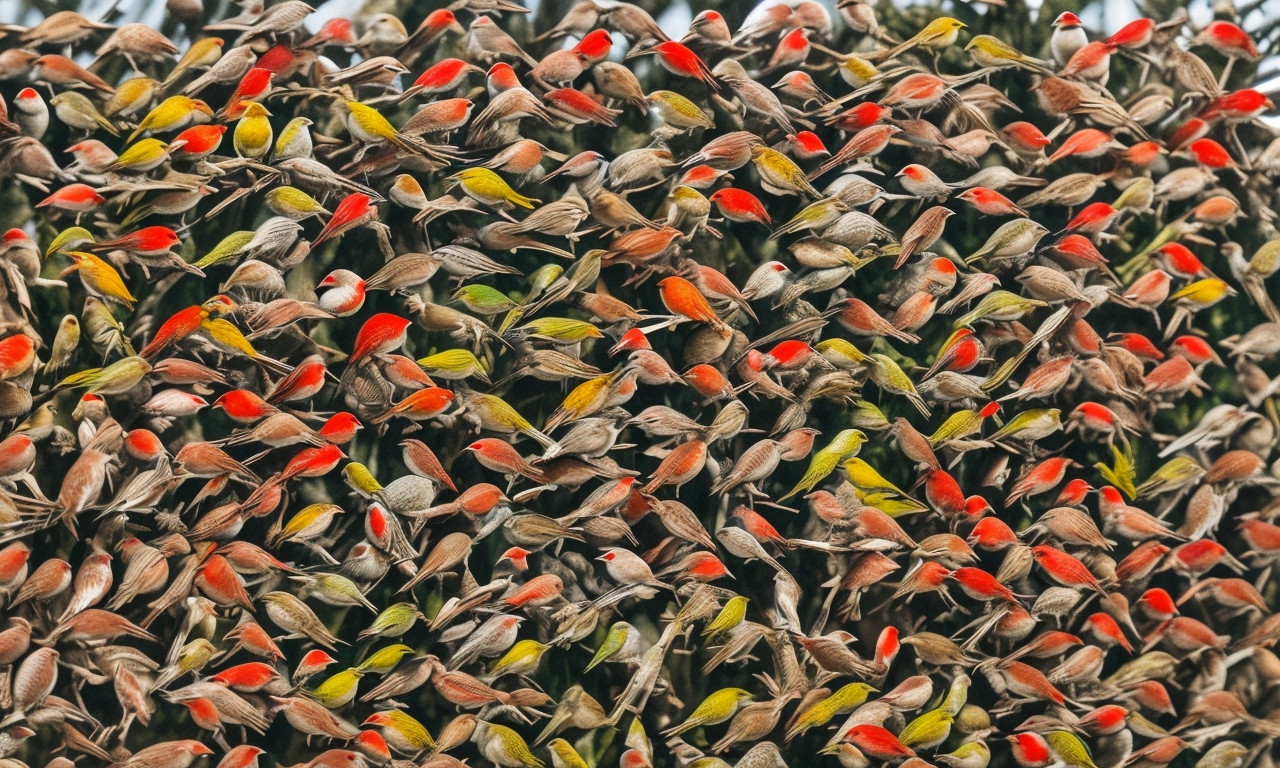
House finches are fascinating birds with a varied diet that might surprise many bird enthusiasts. These small, adaptable birds primarily consume seeds, making up about 75% of their diet. They are particularly fond of sunflower seeds, millet, and thistle. In addition to seeds, house finches also enjoy fruit, such as cherries, apricots, and berries, to fulfill their nutritional needs. Occasionally, they will consume insects like aphids and caterpillars, providing an important protein source, especially during breeding seasons.
Understanding how much house finches eat is crucial for those who enjoy setting up bird feeders. An average house finch can consume up to one-third of its body weight daily. This means an adult house finch, weighing about 20 grams, might eat around 6–7 grams of food each day. While this may not seem like much, it adds up quickly, especially when feeding flocks. Backyard birdwatchers should ensure their feeders are stocked frequently to support these energetic birds.
House finches’ diets can change based on food availability and seasonal variations. During the spring and summer, they may gravitate more towards fresh fruits and insects, while in the fall and winter, seeds become their go-to sustenance. Their dietary flexibility helps them thrive in diverse environments, from cities to countrysides. Learning about their eating habits enriches our understanding of these colorful, resilient birds.
What do baby house finches eat?
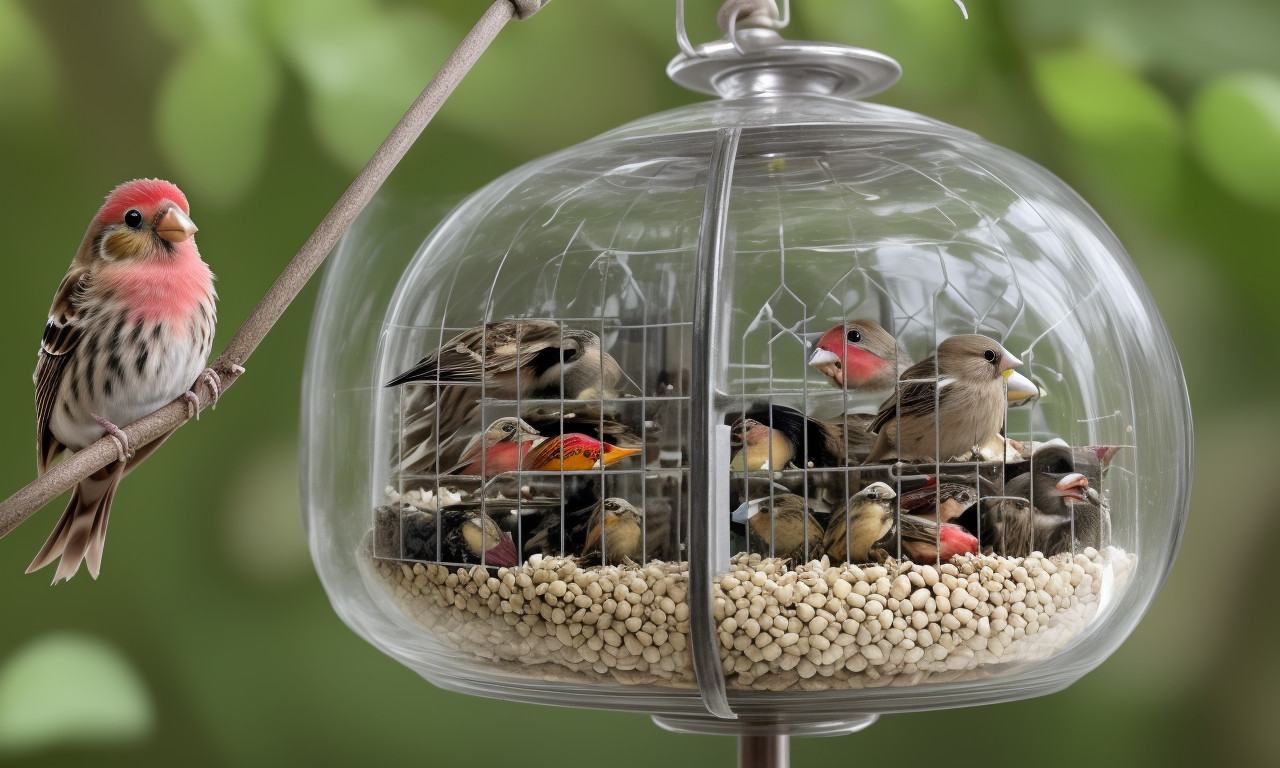
House finches are fascinating birds with diverse dietary preferences that play a crucial role in their survival and adaptability. What do baby house finches eat, you might wonder? The answer is quite specific and essential for their growth. Baby house finches primarily consume a diet rich in protein, which their parents source from various insects. This includes caterpillars, beetles, and other small invertebrates that provide the necessary nutrition for rapid growth.
As house finches mature, their diet expands to include a greater variety of foods. Adult house finches predominantly feed on seeds, which make up a substantial portion of their diet. They have a particular fondness for sunflower seeds and the seeds of other flowering plants such as dandelions and thistles. Additionally, house finches are known to enjoy fruit, such as berries and small fruits from trees, which provide essential vitamins and hydration.
During breeding seasons, adult house finches continue to seek out protein-rich insects not only for their young but also to ensure their own increased energy needs. This varied diet allows house finches to thrive in different environments and seasons, showcasing their adaptability and the intricate balance of nature. So, what do baby house finches eat? Their survival hinges on the careful selection of nutritious insects provided by attentive parents, ensuring they grow into robust adults capable of enjoying a wide range of foods.
What can I feed a house finch?
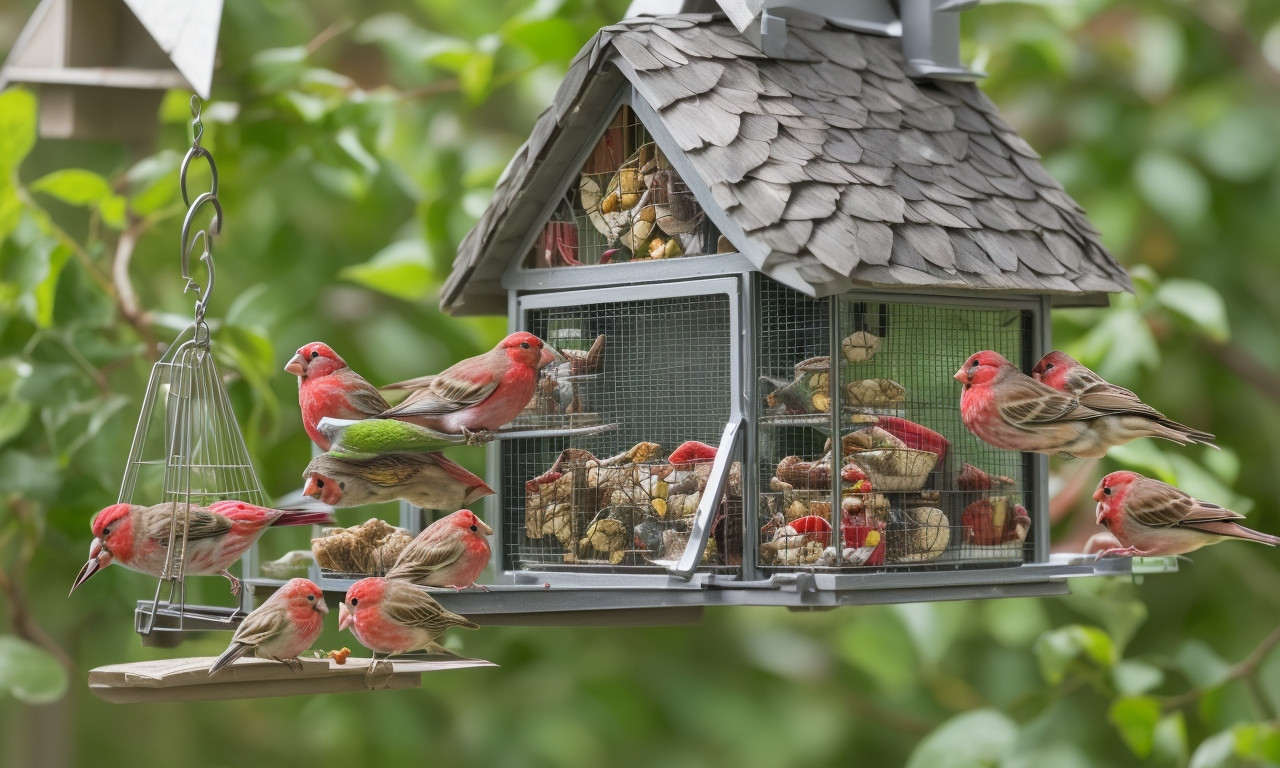
House finches are charming, small birds often seen flitting about neighborhoods and gardens. Their diet is quite diverse, making them adaptable to different environments. Mainly, house finches consume seeds, which form the staple of their diet. They particularly enjoy sunflower seeds, millet, and thistle, and they have a unique ability to shell seeds with their beaks.
When considering "What can I feed a house finch?" you’ll find they are not particularly fussy eaters. Fruits like berries, cherries, and apricots can be a delightful treat for them. They’ll also appreciate vegetables; chopped greens and finely diced carrots are well-received. Interestingly, house finches also eat insects, especially during the breeding season. This insect intake provides essential protein for growing chicks.
To create a welcoming environment for these birds, you can set up a bird feeder stocked with their favorite seeds and put out trays with small fruit pieces and vegetables. Fresh water for drinking and bathing will complete their sanctuary. By understanding "What can I feed a house finch?" you can ensure these delightful birds are well-nourished and frequent visitors in your garden, adding lively, cheerful energy to your surroundings.
How do you attract house finches?
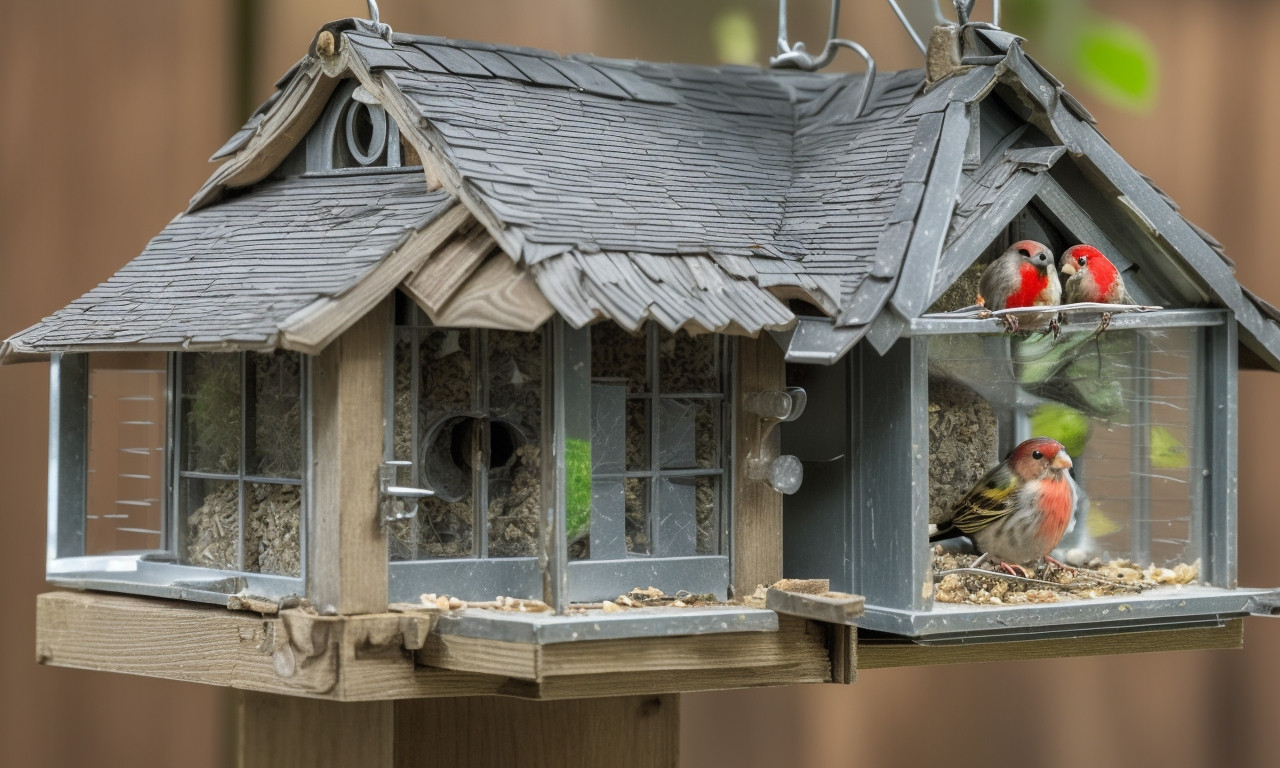
House finches are delightful birds known for their vibrant plumage and cheerful songs. These small birds have a diverse diet that may surprise many bird enthusiasts. Primarily, house finches eat a variety of seeds, including sunflower, dandelion, and thistle seeds. They also enjoy consuming fruits such as cherries, apricots, and berries. During the breeding season, they supplement their diet with small insects to provide extra protein for their growing chicks.
Wondering how do you attract house finches to your garden? Providing a steady supply of their favorite foods is key. Set up a bird feeder filled with sunflower seeds or thistle seeds to catch their attention. Additionally, planting fruit-bearing shrubs like raspberries or mulberries will make your garden even more appealing to these charming birds.
Offering fresh water in a birdbath not only attracts house finches but also keeps them hydrated, especially during the hotter months. Consider adding native plants to your garden to create a birds-friendly habitat. By catering to their dietary preferences and providing a welcoming environment, you’ll soon find your outdoor space enlivened by the presence of these beautiful finches, adding a splash of color and melody to your surroundings.
What do house finches drink?
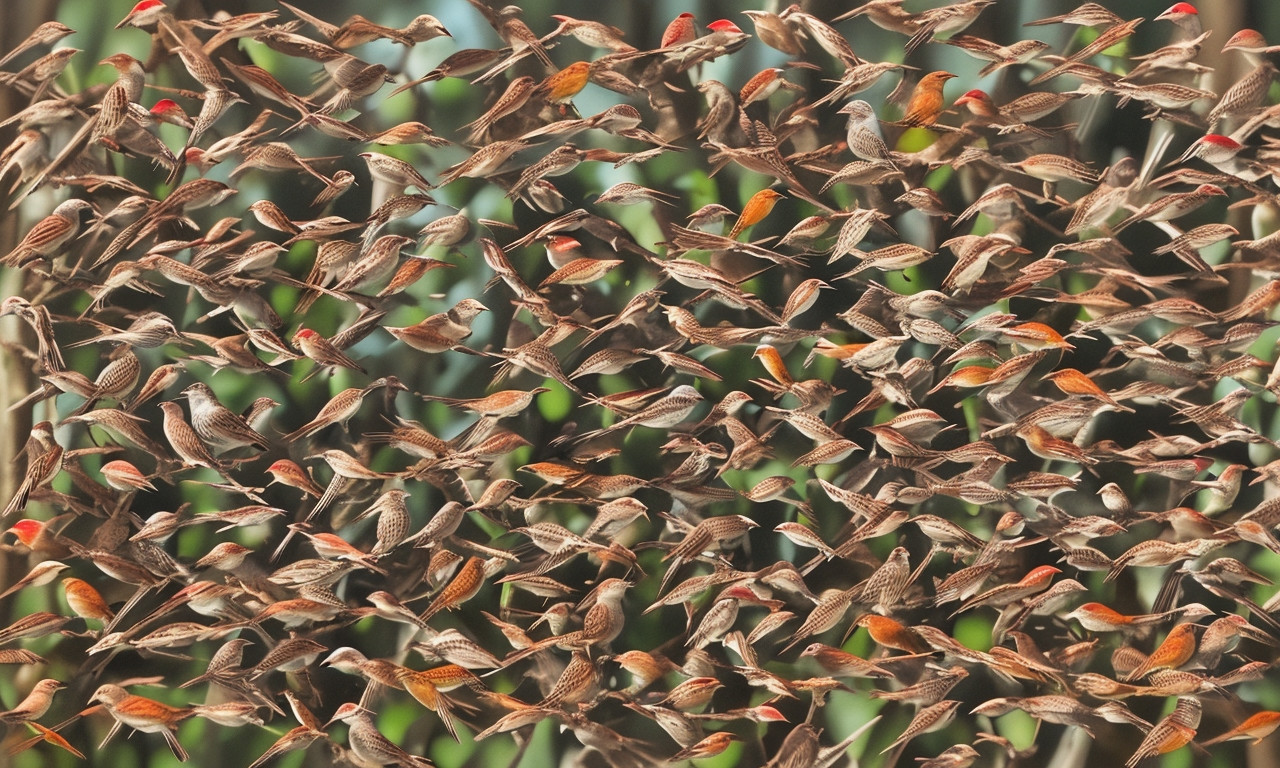
House finches, a common sight in many backyards, have a surprisingly diverse diet that goes beyond just sunflower seeds. These small birds primarily feed on a variety of seeds, including those from dandelions, thistles, and sunflowers. They also enjoy consuming fruits such as berries, cherries, and apples, making them frequent visitors to gardens and orchards. House finches are even known to nibble on tender buds and blossoms, much to the chagrin of some gardeners.
In their quest for nutrition, house finches also incorporate insects into their diet, particularly during the breeding season to provide protein for their growing chicks. Aphids, beetles, and caterpillars are among their preferred insect choices.
While their eating habits are fascinating, many wonder, "What do house finches drink?" Like most birds, house finches need water to stay hydrated. They will drink from bird baths, puddles, and even the morning dew on plants. Offering a clean and reliable water source can attract these vibrant creatures to your garden, allowing you to observe their feeding and drinking behaviors up close.
Understanding the dietary preferences and hydration habits of house finches can greatly enhance your ability to create a bird-friendly environment, ensuring that these charming birds remain regular visitors to your outdoor spaces.
What eats house finches?
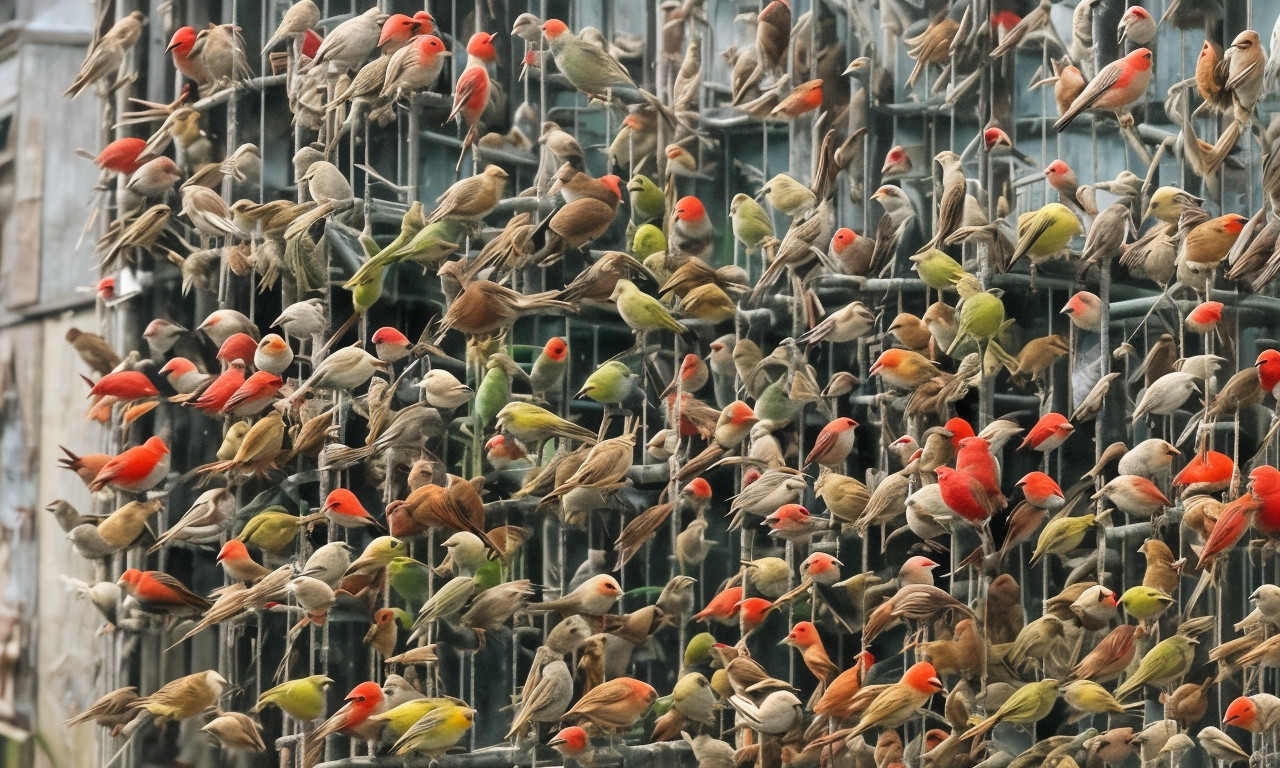
House finches are small, colorful birds commonly found throughout North America. These adaptable birds have a surprisingly varied diet that includes a wide array of seeds, fruits, and occasionally insects. Some of their favorite seeds come from dandelions, sunflowers, and thistles, which they skillfully extract using their strong, pointed beaks. Additionally, house finches are known to frequent backyard feeders, feasting on commercial birdseed mixtures that include millet, safflower, and black oil sunflower seeds.
Beyond seeds, house finches enjoy numerous fruits, such as cherries, raisins, and apricots, adding a sweet and nutritious component to their diet. They are even known to consume small, tender leaves and buds, particularly in the spring when other food sources may be scarce. While insects are not a primary food source, house finches occasionally eat ants, beetles, and caterpillars, especially during the breeding season when they need extra protein.
Curiously, when discussing "what eats house finches," these birds fall prey to a variety of natural predators. Hawks, particularly Cooper’s and sharp-shinned hawks, are significant threats. Additionally, snakes and domestic cats may hunt house finches, especially when they are nesting. Understanding both what house finches eat and what eats house finches provides a comprehensive view of their role within the ecosystem.
What gives a house finch its color?
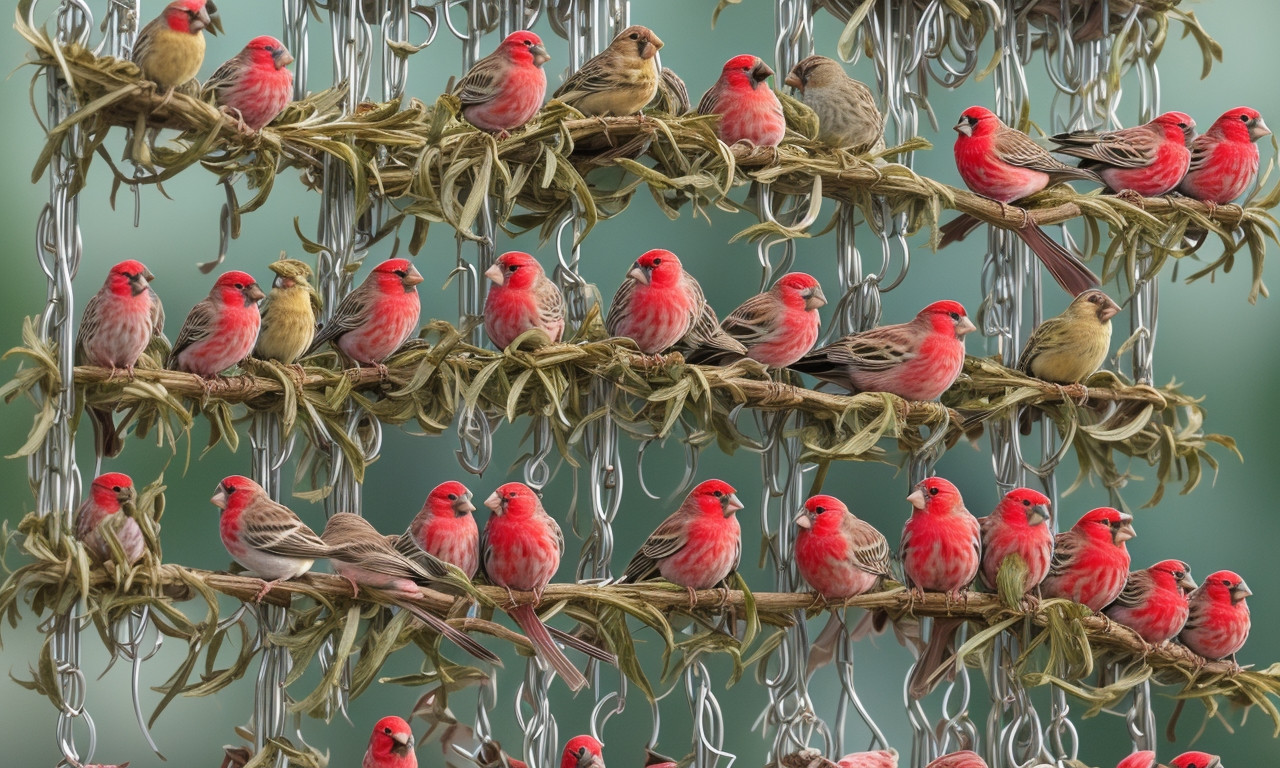
House Finches are captivating little birds that often grace our gardens with their lively presence. Their diet is both diverse and fascinating. Primarily, these birds consume seeds from a variety of plants, including sunflowers, dandelions, and thistles. They also enjoy grains, fruits, and occasionally small insects, making their diet quite flexible. Interestingly, what gives a House Finch its color is largely attributed to the pigments in their food. This vivid coloration primarily results from the consumption of foods rich in carotenoids. These naturally occurring pigments, found in fruits and certain seeds, are essential for their bold red, orange, and yellow tones. Male House Finches, in particular, display striking colors that can be directly linked to their diet. Those with access to ample carotenoid-rich sources tend to showcase more vibrant plumage, which plays a significant role in attracting mates. Additionally, exploring what gives a House Finch its color reveals the intricate relationship between their diet and overall health. Well-nourished finches with a varied and rich diet not only exhibit more brilliant colors but are also healthier and more resilient. Thus, understanding their diet is crucial for anyone interested in fostering a healthy environment for these charming birds.
House Finch Diet FAQs
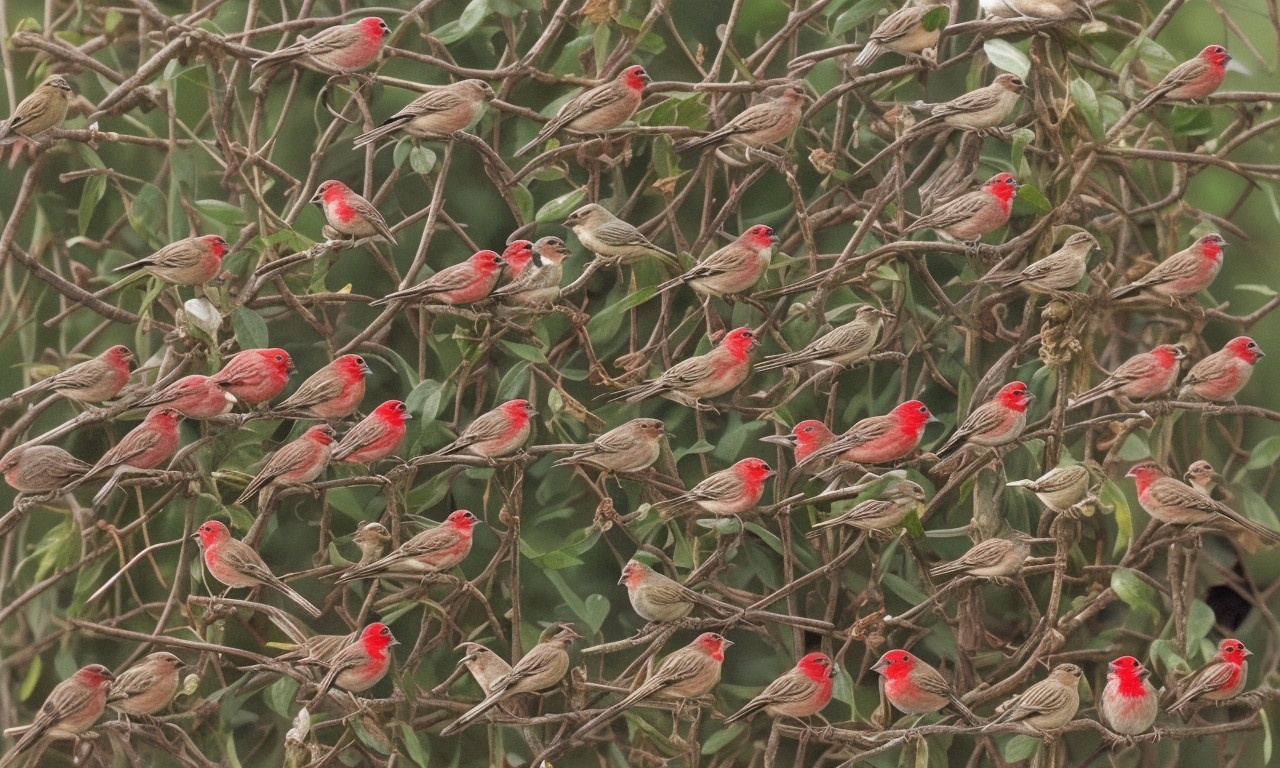
House finches are vibrant, small birds often found in North America. When it comes to their diet, these adaptable avians have some preferences that might surprise you. The primary components of their diet include seeds and fruits, making up a significant portion of their nutrition. In the wild, they commonly eat seeds from dandelions, sunflowers, and several types of grasses. Additionally, they consume buds, berries, and even small fruits.
For those interested in attracting house finches to their backyard feeders, black oil sunflower seeds are particularly favored. Beyond seeds and fruit, house finches occasionally consume insects, especially during the breeding season, as the additional protein is beneficial for their young.
House Finch Diet FAQs often reveal queries about the suitability of specific food types. For instance, many people wonder if house finches can eat suet or mealworms. While these can be part of their diet, they are not primary sources of nutrition for these birds. Understanding the natural diet of house finches can help bird enthusiasts provide appropriate food that supports their health and well-being. By catering to their dietary preferences, you can enjoy the beauty and charm of house finches right in your backyard.
Do house finches eat sunflower seeds?
House finches (Haemorhous mexicanus) are fascinating birds known for their vibrant plumage and melodious songs. While many are curious about their diet, the answer often surprises even seasoned birdwatchers. So, do house finches eat sunflower seeds? Yes, sunflower seeds are indeed a favorite part of their diet. These seeds are nutritious, providing essential fats and proteins that help maintain the birds’ energy levels and vibrant feathers.
However, sunflower seeds are just the beginning. House finches have a varied diet that includes a wide range of seeds, fruits, and plant materials. They are particularly fond of seeds from dandelions, thistles, and grasses. Additionally, house finches enjoy nibbling on fruits like cherries, berries, and small fruits they can easily peck apart.
Interestingly, house finches also adapt their diet based on seasonal availability. In the spring and summer, they might consume more fruits and green matter, while relying more on seeds during the colder months when other food sources are scarce. This diet flexibility helps them thrive in diverse environments, from rural farmlands to bustling urban areas.
So, while the question "Do house finches eat sunflower seeds?" is answered affirmatively, it’s clear that these adaptable birds enjoy a surprisingly varied diet that keeps them healthy and vibrant year-round.
Do house finches eat suet?
House finches are fascinating birds with diverse dietary preferences. Typically, these vibrant creatures consume seeds, fruits, and buds. They are fond of sunflower seeds, dandelions, and a variety of berries, which make up the bulk of their diet. Surprisingly, house finches have been observed consuming unconventional food sources as well.
When pondering the question, “Do house finches eat suet?” the answer is indeed intriguing. While suet is not a staple in their natural diet, house finches have been known to eat suet when it is readily available. Suet, a type of fat often mixed with seeds and grains, is typically offered at bird feeders, attracting a variety of bird species. Though these birds generally prefer plant-based foods, the high-energy content of suet can make it an appealing occasional treat, especially in colder months when energy requirements are higher.
Moreover, including suet in their diet can aid their survival during harsh winters by providing essential fats needed to maintain body heat. Observations suggest that while house finches prioritize seeds and fruits, they are adaptive and opportunistic, incorporating various foods, including suet, into their diets as needed. Their surprising adaptability highlights their resilience and versatility in various environments.
Do house finches eat grape jelly?
House finches are fascinating creatures with dietary habits that might surprise you. These vibrant birds primarily feed on seeds, fruits, and buds. However, when addressing the question: "Do house finches eat grape jelly?" the answer might astonish many bird enthusiasts. While their natural diet consists predominantly of plant material, house finches are known for their adaptability and curiosity when it comes to food.
In backyard settings, house finches have been observed sampling various human-provided foods, including grape jelly. Although not a staple of their diet, the occasional taste of grape jelly can allure these birds to your feeder. This sugary treat, often put out to attract orioles, can also draw the attention of nearby house finches. It is important to moderate the amount of grape jelly offered, as the high sugar content can be unhealthy in large quantities.
Yet, the fact that house finches are willing to explore such unconventional food sources highlights their opportunistic feeding behavior. Overall, their diet remains rich and varied, ensuring they get the necessary nutrients for their wellbeing. So, next time you’re setting out treats for backyard birds, remember that even the adaptable house finch might stop by to see what’s on the menu!
Do house finches eat mealworms?
House finches are delightful little birds often seen gracing our backyards with their pleasant songs and vibrant plumage. A common curiosity among bird enthusiasts is the diet of these lively creatures. So, do house finches eat mealworms? The answer might surprise you.
Primarily, house finches are granivores, which means their diet largely consists of seeds and grains. They particularly favor sunflower seeds, which make up a significant portion of their intake. However, house finches are quite adaptable and can consume a variety of food sources. While seeds and grains form their staple diet, they also enjoy fruits and budding leaves, especially during the breeding season when they need extra nutrients.
Now, addressing the burning question: do house finches eat mealworms? Yes, they do. While not a primary food source, mealworms offer a rich supply of protein, crucial during nesting and molting periods. They eat mealworms occasionally, supplementing their primarily plant-based diet with these high-protein larvae. These helpful insects are especially beneficial in sustaining energy levels and fostering healthy growth during demanding times.
In conclusion, house finches display a fascinating blend of dietary preferences. Their flexible diet includes seeds, fruits, and yes, even mealworms, showcasing their adaptability and resilience.
Do house finches eat bird seed?
House Finches are fascinating birds with a surprisingly diverse diet, making them adaptable to various environments. So, what do House Finches eat? While many people wonder, "Do house finches eat bird seed?" the answer is a resounding yes, but there’s much more to their dietary habits.
Primarily, House Finches consume a variety of seeds, including those from sunflowers, dandelions, and thistles. They are particularly fond of small, oil-rich seeds, which provide the necessary energy for their active lifestyle. However, their diet isn’t exclusively seed-based. House Finches also enjoy fruits such as berries, cherries, and even small pieces of apple or peach. These fruits not only offer essential vitamins but also keep their beaks sharp and strong.
Moreover, during the breeding season, House Finches might switch things up a bit by incorporating more insects into their diet. This provides the extra protein required for raising their young. Some common insects they might eat include aphids, beetles, and caterpillars.
In urban and suburban areas, House Finches have adapted to human presence and will readily visit bird feeders. So, if you’ve ever asked yourself, "Do house finches eat bird seed?" next time you refill your feeder, keep an eye out for these charming, adaptable birds and enjoy watching their varied eating habits!
Do house finches eat fruit?
House finches, with their striking red plumage and cheerful song, are delightful backyard visitors. Understanding their dietary habits can intrigue bird enthusiasts and help in attracting these charming birds to your garden. So, do house finches eat fruit? Yes, they indeed do! Though primarily granivorous, fruits form a significant part of their diet, especially during the breeding season and in winter when seeds are scarce.
These agile birds have a particular affection for soft fruits like berries, apricots, figs, and figs. Apples and other pome fruits also attract house finches, providing essential nutrients. Moreover, they relish the seeds within these fruits, adding variety to their plant-based diet. By consuming different fruits, house finches aid in seed dispersal, playing a crucial role in their ecosystems.
Ensuring a diverse food supply will keep house finches healthy and thriving. When setting up a bird feeder, consider offering a mix of fruit slices along with traditional birdseed blends. In addition, growing fruit-bearing plants and trees can create a natural food source right in your backyard. Observing house finches as they sample various fruits not only answers the question, "do house finches eat fruit?" but also enriches the experience of birdwatching.
Do house finches eat grass?
House finches are fascinating birds known for their adaptability and diverse diet. These small, colorful birds primarily consume a variety of plant-based foods. Their diet mainly includes seeds, fruits, and buds, making them common visitors at backyard feeders. However, many wonder, "Do house finches eat grass?" While grass seeds can be part of their diet, house finches rarely eat the grass itself. They are more inclined towards seeds from weeds and flowering plants.
During the breeding season, the diet of house finches expands to include a variety of fruits like berries, cherries, and apricots, providing essential nutrients for their young. They are also known to consume flower buds and even occasional insects, which are crucial sources of protein. These dietary habits allow house finches to thrive in diverse environments, from suburban backyards to arid regions.
Interestingly, house finches are opportunistic feeders. They frequently adapt their feeding habits based on the availability of food in their environment. This adaptability ensures their survival across varied habitats. So, while they might occasionally ingest grass seeds, they don’t actively seek out grass as a primary food source. Instead, their preference for seeds, fruits, and buds makes them an interesting study in avian dietary patterns.
Do house finches eat worms?
House finches are fascinating birds, not only for their vibrant colors but also for their interesting dietary habits. Native to North America, these small birds primarily thrive on a plant-based diet. But do house finches eat worms? It’s a question that intrigues many bird enthusiasts. Surprisingly, house finches rarely consume worms, unlike other bird species such as robins. Their diet focuses mainly on seeds, fruits, and buds, which provide them with essential nutrients.
House finches are particularly fond of sunflower seeds and often visit bird feeders stocked with these treats. They also enjoy a variety of fruits, including berries and cherries, which they find in their natural habitats. Additionally, these birds aren’t averse to consuming the buds of flowers, particularly during the spring when other food sources might be less abundant.
However, that’s not to say house finches will never eat worms. In times of extreme food shortage, they might resort to expanding their diet to include insects and worms. These occurrences are quite rare and typically only observed during harsh conditions when their preferred food sources are scarce.
In conclusion, while the question, "Do house finches eat worms?" has a technically affirmative but rare answer, it’s clear that these vibrant birds flourish mainly on a diet of seeds, fruits, and buds.
Do house finches eat ants?
House finches are intriguing birds with diverse dietary preferences that might surprise many bird enthusiasts. A significant aspect of their diet revolves around seeds, which make up a substantial portion of their daily intake. They favor seeds from various plants, including sunflowers, dandelions, and thistles. Interestingly, house finches also consume a variety of fruits and grains, which provide the necessary nutrients for their active lifestyle.
However, one may wonder about the more unusual aspects of their diet. For instance, do house finches eat ants? While house finches predominantly feed on vegetarian fare, they are not strict herbivores. These versatile feeders have been known to consume insects, particularly during the breeding season when protein demands increase. Thus, it is possible for house finches to eat ants occasionally, especially to fulfill their protein needs or to feed their young.
The adaptability in their diet allows house finches to thrive in diverse habitats, from urban areas to rural landscapes. By having a broad diet, they can adjust to varying food availability, aiding in their survival and reproductive success. Understanding these dietary habits can offer better insights into how to support and attract these charming birds to our gardens, ensuring they remain a delightful presence in our lives.
Do house finches eat caterpillars?
House finches, small yet vibrant birds often seen around residential areas, boast a surprisingly diverse diet. Comprising mainly of seeds and fruits, these birds are known for their preference for sunflower seeds, thistle, and dandelion seeds. Additionally, they relish fruits like berries, apricots, and cherries. But what about insects? Specifically, do house finches eat caterpillars? While seeds and fruit constitute the majority of their diet, house finches are also known to consume small insects, enhancing their nutritional intake. Caterpillars, rich in proteins and essential nutrients, are indeed part of their diet, especially during the breeding season when the need for protein increases. The finches’ diet adaptability helps them thrive in different environments, whether urban gardens or rural landscapes. House finches may be observed scouring through foliage seeking caterpillars to feed their young. This occasional addition of insects like caterpillars to their diet showcases the house finches’ dietary versatility. Despite primarily being granivorous, their opportunistic feeding habits ensure they maximize the available food resources, providing a balanced diet necessary for their energetic lifestyle. So, if you ever spot house finches in your garden, remember they’re not just feasting on seeds and fruits; they’re likely keeping an eye out for caterpillars too.

